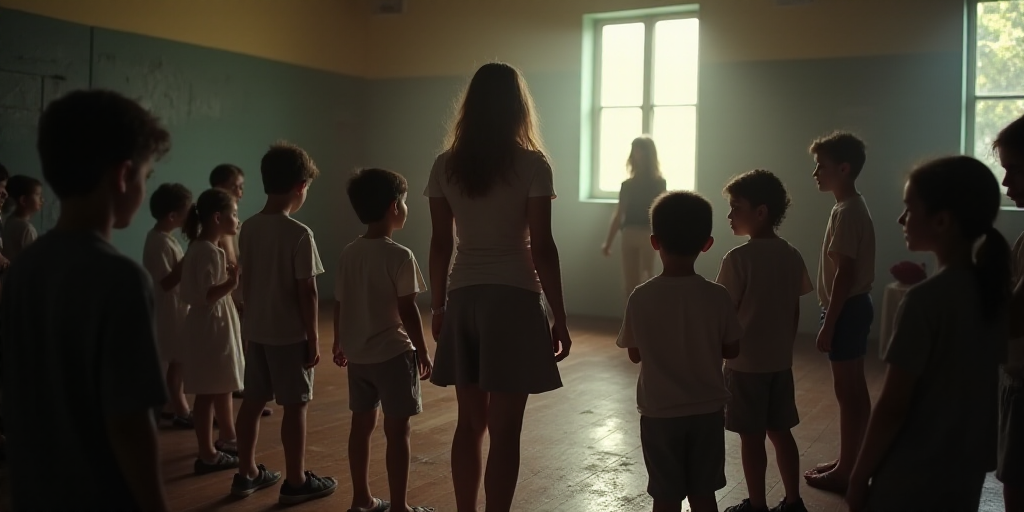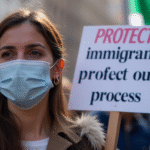NGOs Plan International and Save the Children Warn of Risks, Family Separation, and Insecurity
Plan International and Save the Children issued a new report on Tuesday, warning that children and teenagers migrating through Mexico face dangerous situations, family separation, and insecurity at the country’s northern border.
Rising Numbers of Unaccompanied Minors
The number of unaccompanied minors in Mexico has significantly increased over the past few years due to violence, poverty, and climate change-induced displacement. In 2019, there were 69,500 unaccompanied minors; by 2023, this number surpassed 137,000.
Challenges Faced by Migrant Children
Based on 155 interviews with migrant children and teens, the NGOs highlighted that minors often arrive at their destinations alone in unsafe neighborhoods, with overcrowded shelters and limited access to education.
- In Ciudad Juárez, nearly two-thirds of children traveled unaccompanied, with only one-third reaching their destination with a parent, guardian, or tutor.
- Separation leaves many children, especially girls, more vulnerable to violence such as exploitation, trafficking, or forced recruitment.
- The emotional toll on children is significant, with a strong sense of abandonment and limited access to mental health services.
“This study reveals that children and teens migrating across the Mexico border do not find safety; instead, they encounter more fear, more waiting, and more wasted time. No child should face this situation, especially after enduring such a perilous journey in search of protection,” said Reena Ghelani, CEO of Plan International.
Ghelani explained that many children consider returning to their origin places due to the lack of safe shelters, education, and mental health care. “That should never be their only option,” she emphasized.
Additional Challenges in Reynosa
The report also revealed that one-third of girls in Reynosa had stayed in shelters for displaced individuals in unsafe areas for more than six months, increasing their risk of sexual and gender-based violence or exploitation.
“Girls migrants have their fundamental rights systematically denied, especially education and protection,” said Fátima Andraca, Director of Programs and Humanitarian Aid at Save the Children in Mexico.
Access to Education
Almost three-quarters of the interviewed children and teens attended school before their journey, but more than half did not return to the classroom during their travels. The situation worsens due to administrative obstacles and increased discrimination against migrant populations.
Key Questions and Answers
- What is the main issue addressed in the report? The report highlights the dangers, family separation, and insecurity faced by children and teens migrating through Mexico.
- How many unaccompanied minors are there in Mexico? The number has risen from 69,500 in 2019 to over 137,000 in 2023.
- What challenges do migrant children face? They often arrive alone in unsafe areas, struggle to access education, and experience emotional distress with limited mental health support.
- What additional challenges exist for girls in Reynosa? Many girls stay in shelters for extended periods, increasing their risk of sexual and gender-based violence or exploitation.
- What is the situation regarding education for migrant children? Many children attended school before their journey but did not return to the classroom during their travels due to obstacles and discrimination.
The NGOs urgently called for strengthening child protection systems in border cities and ensuring inclusive, safe access to education and mental health services for migrant children.






